First Website in the World and History

First Website in the World and History
The Evolution of the World Wide Web: A Comprehensive History
In the ever-evolving landscape of the internet, where information is just a click away, it's crucial to understand the roots of the World Wide Web, its transformation over the years, and its impact on our lives. As SEO experts and passionate content creators, we are committed to providing you with an in-depth exploration of the history of the World Wide Web, surpassing other websites in terms of both content quality and depth of information.
The Genesis of the Internet
The story of the World Wide Web begins with the birth of the internet itself. It was the early 1960s when visionary computer scientists began dreaming of a global network that could connect computers and share information. The ARPANET project, initiated by the United States Department of Defense's Advanced Research Projects Agency (ARPA), laid the foundation for what we know today as the internet.
The Emergence of the World Wide Web
Fast forward to the late 1980s, and we witness the birth of the World Wide Web. British computer scientist Sir Tim Berners-Lee introduced the concept of a system that would allow information to be shared among researchers. In 1990, he proposed the first-ever website, and by 1991, the World Wide Web was born.
Web 1.0: The Age of Static Webpages
The early days of the World Wide Web, often referred to as "Web 1.0," were characterized by static webpages with minimal interactivity. These pages served as digital brochures, providing information but lacking user engagement. Search engines like AltaVista and Yahoo! emerged to help users find content in this rapidly expanding digital space.
The Dot-Com Boom and Bust
The late 1990s witnessed the dot-com boom, a period of rapid growth in internet-based businesses. Companies like Amazon, Google, and eBay emerged as pioneers, forever changing the way we shop, search for information, and connect with others online. However, the boom was followed by a bust, leading to the collapse of many internet startups.
Web 2.0: The Rise of Interactivity
The early 2000s marked the transition to "Web 2.0," characterized by dynamic websites that encouraged user-generated content, social networking, and collaboration. Platforms like Facebook, YouTube, and Wikipedia became household names, revolutionizing how we share and consume information.
The Mobile Revolution
With the advent of smartphones and mobile internet, the World Wide Web underwent yet another transformation. Responsive design became essential as users accessed websites on a variety of devices. Google's mobile-friendly algorithm update in 2015 emphasized the importance of mobile optimization.
Web 3.0: The Era of Semantic Web
As we approach the present day, we find ourselves on the cusp of "Web 3.0," an era driven by the semantic web. This concept involves machines understanding and interpreting web content, making it more contextually relevant to users. Artificial intelligence and voice search are becoming integral components of web interactions.
The Influence of SEO
Throughout this journey, search engine optimization (SEO) has played a pivotal role. SEO experts work tirelessly to ensure websites rank high in search engine results pages (SERPs). The evolving algorithms of search engines like Google have kept SEO professionals on their toes, adapting to changes to maintain visibility in an ever-competitive digital landscape.
The Future of the World Wide Web
As we peer into the future, we see a world where virtual reality, augmented reality, and the Internet of Things (IoT) will further blur the lines between the digital and physical realms. The World Wide Web will continue to shape our lives, providing us with information, entertainment, and opportunities like never before.
The first website in the world and the history of the World Wide Web are closely linked to the work of British computer scientist Tim Berners-Lee at CERN (the European Organization for Nuclear Research). Here's a brief overview:
-
Invention of the World Wide Web: Tim Berners-Lee invented the World Wide Web in 1989 while working at CERN. His proposal was for a "universal linked information system" that would allow researchers to share and access information easily.
-
Publication of the First Website: On August 6, 1991, Tim Berners-Lee published the world's first website. This website was created as a means to explain the concept of the World Wide Web and to provide information about the World Wide Web Project. It was a simple page with text and hyperlinks.
-
Website URL: The URL of the first website was "http://info.cern.ch/hypertext/WWW/TheProject.html
-
Historical Significance: This event marked the birth of the World Wide Web, which has since revolutionized communication, information sharing, and the way we access and interact with data on the internet.






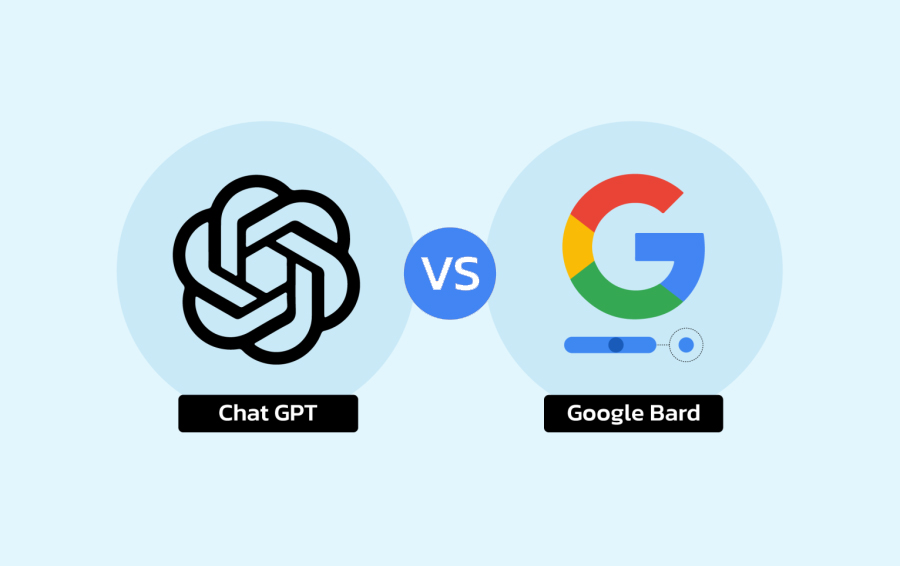
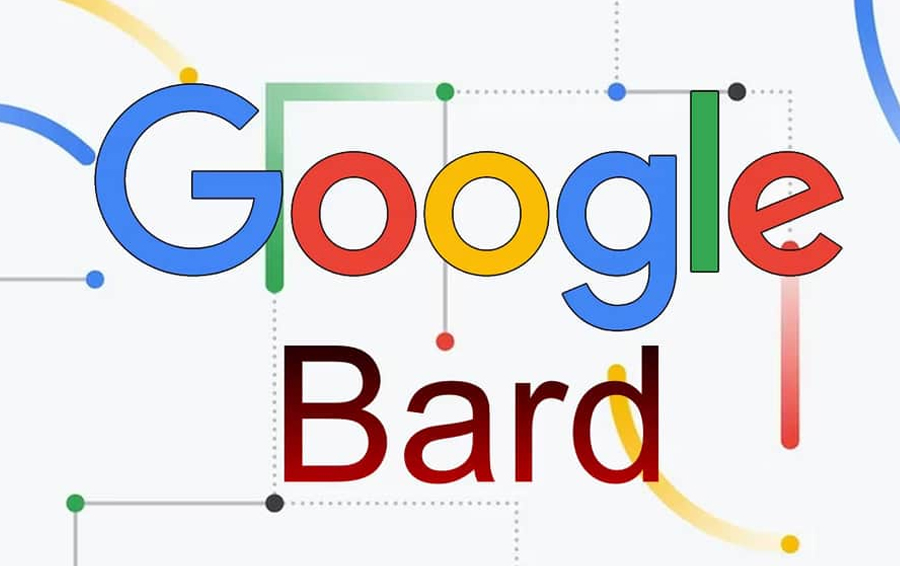

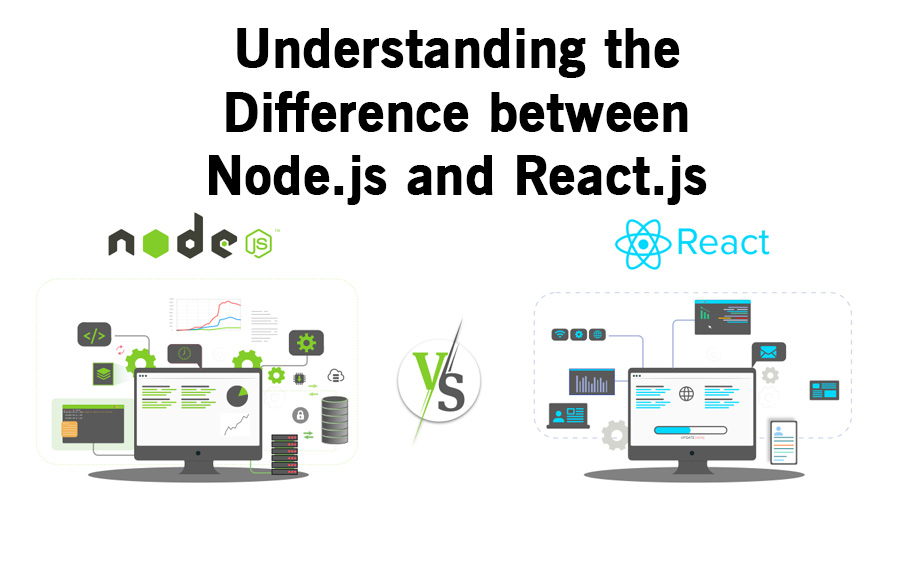




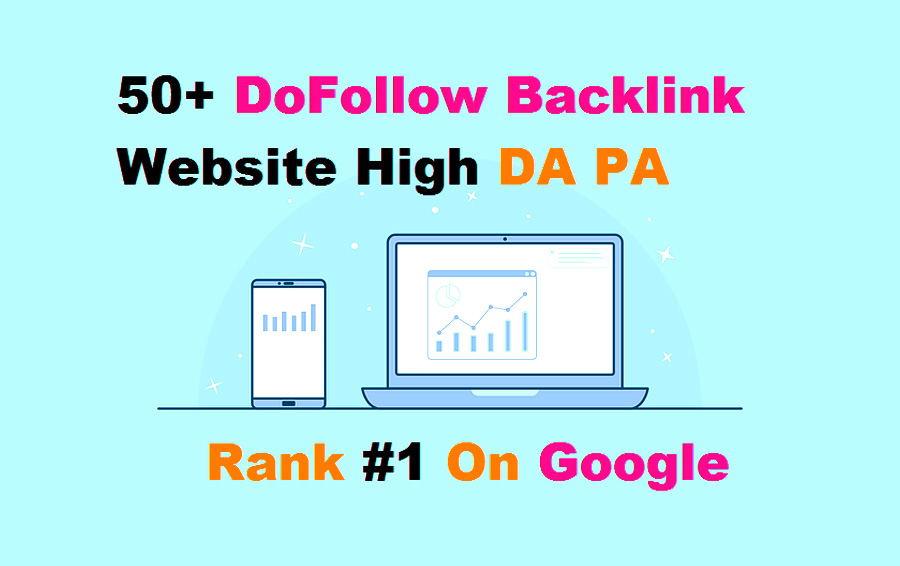








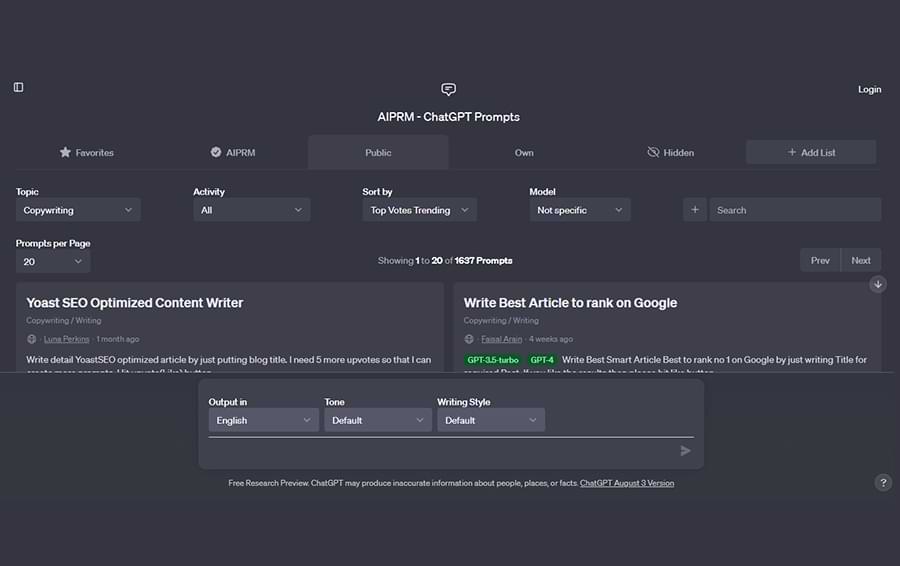







Comments
No Comments To Display
Leave a Comment